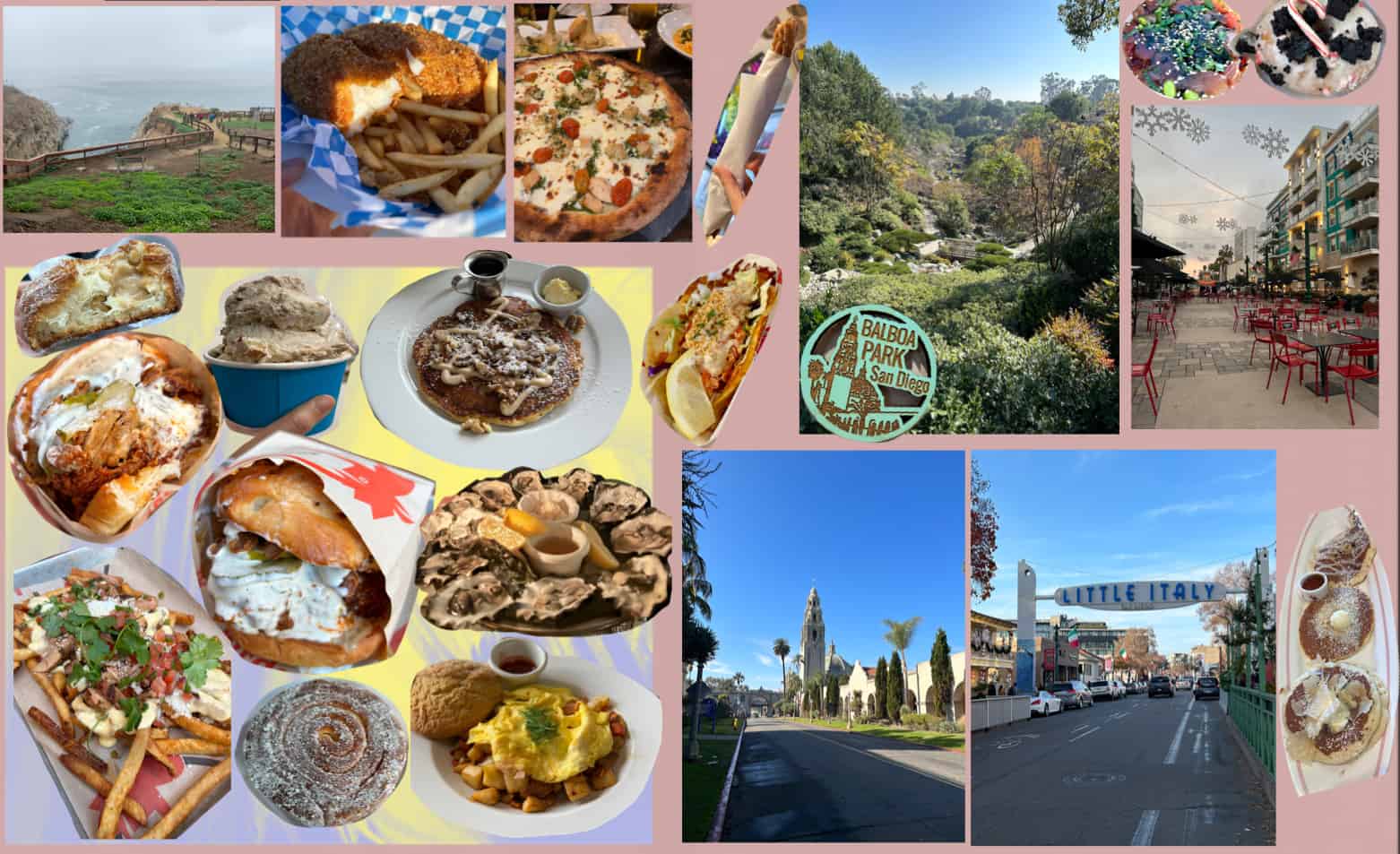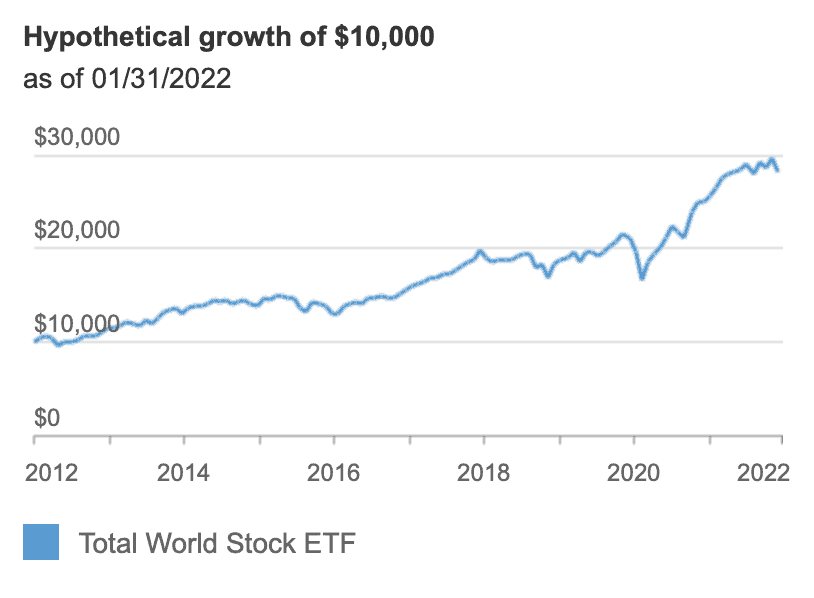Work shapes a third of our lives. If you’re unsure about how to genuinely feel […]
Biases distort our thinking. It affects our personal finance - how we think, act and spend. We live in a world where outside forces constantly want something from us - our money, our time and our attention - and that makes it hard to think rationally and act wisely. Misthinking and misspending our money are the work of biases at play. It’s pervasive. We sometimes stumble into the trap unknowingly we make subconscious decisions, often with our intuition. Consequently, how we think, act and spend money are affected. But what happens if we are aware of these biases? We outsmart them and become better with money.
These are some highlights from Dollars & Sense, written by Dan Ariely and Jeff Kriesler. Dan Ariely is a professor of psychology and economics and author of other bestselling books dealing with human behavior. It is one of my favorite books because it combines two of my favorite topics: Money and Psychology.
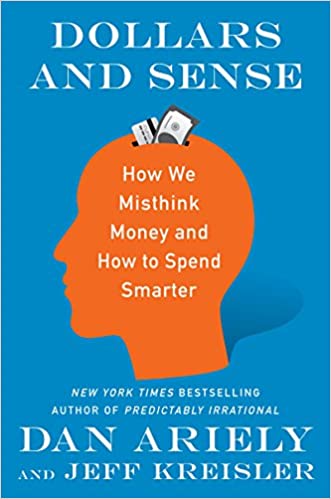
Opportunity cost - what we should think as we make financial decisions
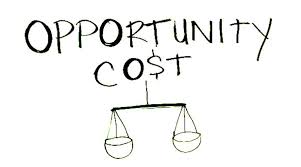
“The price of anything is the amount of life you exchange for it”- Henry David Thoreau.
Behavioral bias: we should consider opportunity cost when we make financial decisions. But we don't think about opportunity costs enough. We often fail to consider alternatives in our spending. What else we could do with that money?
How to manage money better: Think about transactions in terms of opportunity costs - how many hours of wages we must work to pay for something. How we describe the time frame in which an amount of money is spent - in hours or months - has a huge impact on how we think about the value and wisdom of our spending decisions.
Mental accounting - classifying money into categories
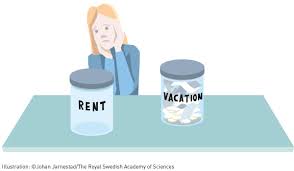
Behavioral quirks: we don’t assign the same value to each dollar usually. The way we view each dollar depends on which category we first linked this dollar to. Because it helps us make quicker decisions about the ways to spend our money during budgeting.
Example: We use the money assigned to our “vacation” account in ways we wouldn’t have done. We are willing to spend more on the same item when on a vacation than at home. Likewise, we use “free”money (aka bonus) differently from our wages.
House-money effect: we treat money that we win, discover, or inherit much more frivolously than hard-earned cash.
How to make better financial decisions: Recognise that money is fungible and every dollar is the same. Ideally, we should be spend our bonus the same way as how we spend our monthly salary. The classification of money, where it came from and how we feel about it should not matter.
Pain of paying - The ease of payment makes it easy to over spend
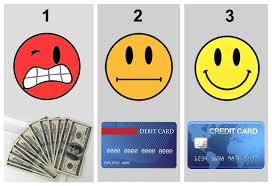
Behavioral bias: We experience paying for things literally as a pain (registered in brain scans). When the pain of paying is reduced by credit cards and casino chips, we become less conscious of his choices and less considerate of the implications of the decisions
The struggle: The pain of paying is reduced with tools such as credit cards, e-wallets, and automatic bill-pay. The future will make our spending decisions even more challenging. From bitcoin to apple pay, retinal scanners, amazon preferences and drone delivery, an increasing number of modern systems are designed to make us spend easily.
How to better manage money: We might want to retain some of this pain by paying with cash instead than credit card/digital wallet, because it keeps us mindful of our spending. The “pain” helps us to pause before purchasing and consider whether or not we really have to spend.
Fairness and effort - impacting our perception of value

Behavioral quirks: We are willing to pay more when we see the effort involved. We don't like it when we pay for something that appears to be effortless, as we believe that the price should be fair.
Common money mistake: when we make market judgments based primarily on effort, we lose sight of things we fail to value (expertise, knowledge, experience)
This could explain the controversy around surge pricing for ride sharing services. Is it really twice as much effort to drive in the rain versus the sunshine? And yet, this pricing policy helps get more cars on the road when we really need them.
How to make better financial decisions: To not to get caught up if something is priced fairly, consider what it’s worth to us. As a start, recognize that there’s value in knowledge and experience. For some occupations (authors, locksmiths, artists), value of their work dont come from the time and effort we witness, but from the time and effort they have spent developing their expertise.
Overemphasizing money (the ease of comparing the price of various items)
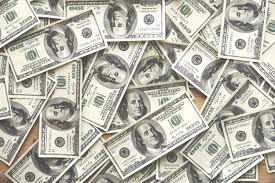
Behavioral quirk: Paying too much attention to price, as it is the most obvious attribute which signal the value of things. We are conditioned to see high prices as a stand in for effectiveness
How to make better financial decisions: Price is just a number and while it can be a powerful part of a decision, it does not and shouldn't mean everything. Consider other factors before making a decision.
Endowment effect: we overvalue what we own and what we might lose
Struggle: Marketers know that once we own something, we will value it more and have a harder time giving it up. They enticed us with trial offers and promotions, endowing us with a sense of ownership.
Example: Believing that home renovations made will increase the resale value of our home. However, taste is unique and others might see things differently. So, recognize that it might only increase the value of the home to us only.
*This is similar to loss aversion, where we are more affected by a loss than an equivalent gain. Because we weigh potential losses more than potential gains. As such, it may make us sell winning stocks and keep losing ones. One solution is to aggregate losses (so that they’re less salient overall) and segregate gains (so they’re more so).
Relativity
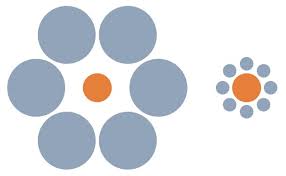
How it occur: relativity is built on 2 sets of decision shortcuts. Firstly, we use comparison when we can't assess absolute value. Secondly, we tend to choose the easy comparison (sales trick us into the potential cost savings gained)
Common money mistake: we act on sales as discounts dumb down out decision making process.
Happiness and self worth: Happiness as a reflection of the ways in which we compare ourselves to others.
Marketers: Cheapest and most expensive choices are road signs funneling us to the middle option.
Anchoring - The first price we see or the price we have paid beforehand
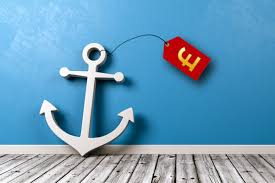
Behavioral quirk: when we can’t determine the absolute value (of something foreign), we use an arbitrary figure as an anchor, to compare between choices. Even a random number can influence the value we assign to things. As such, we are drawn to a conclusion by something that should not have any relevance to our decision.
Personally, I encountered this problem recently. After deciding to learn muay thai, I did some research on the programs and its prices. I was quoted an annual fee of $3.5k and $1.6k by 2 reputable MMA schools. Thrilled by the potential “cost savings”, I signed up for the cheaper one. This mistake happened as I used the more expensive price as an anchor, making $1.6k (close to 50% discount) seemingly affordable. However, $1.6k by any means, is not affordable.
Mitigate the valuation mistake made: when we see a sale, we shouldn't consider what the price used to be or how much we are saving. Rather, we should consider what we are actually going to spend.
Magic of language (the words describing something and what we do at the time of consumption)
Behavioural quirk: Language and rituals can change our perception of value. We spend more on products with a fancy name, as we value it more and are willing to pay more for it. Terms like “artisanal,” “handcrafted,” “fair trade,” and “organic” convey creativity and signal extra effort.
Common money mistake: Consumption vocabulary, such as “artisan”, is often linked in our mind to a product’s superior value. It influences us to value things more than they are objectively worth. But it doesn’t mean we should automatically think it’s worth more money and thus, spending more that we would.
How to better manage money: strive to be the ones making the decision and choosing to dive deeper into these irrationalities in order to get more value, rather than having those influences forced on us. We should be the ones making the decisions if we want an added value for which we are willing to pay.
Expectations (how we anticipate the consumption experience)
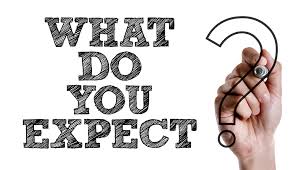
Behavioural quirk: Our expectations can change our perceptions, thereby affecting our ability to assess value and willingness to pay. Even without altering the true underlying nature of the object.
How to make better financial decisions: be aware of the source of expectations. Don't be in a situation where we are manipulated unwillingly or unconsciously by someone, to pay more because of heightened expectations.
In summary
let’s stop to question our habits (behavioral quirks) from time to time. Although there’s no magic bullet to solve these money mistakes instantly, we can minimise making poor value judgements with these tips.
Learn more from this video
Related links
Part 1: The Art of Thinking Clearly summary (be a better investor)
Part 2: Book summary: The Art of Thinking Clearly by Rolf Dobelli
7 Brain biases that could affect your investing strategy
Thank you for reading! Please like my Facebook page to get the latest updates.





